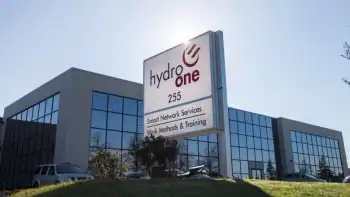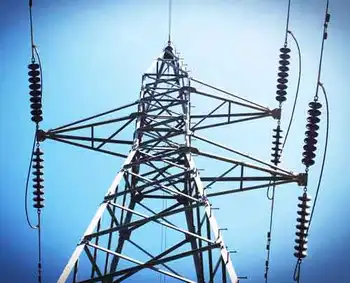Cleantech needs billions to scale up
By Reuters
Protective Relay Training - Basic
Our customized live online or in‑person group training can be delivered to your staff at your location.

- Live Online
- 12 hours Instructor-led
- Group Training Available
VantagePoint manages over $4.5 billion of funds invested in growing companies in information technology, health and clean technology including solar power, low-carbon light bulbs and electric cars.
The venture capital firm holds a stake in Better Place, a company specializing in installing charging infrastructure for electric cars which raised a further $350 million recently.
"There is an issue as these new technologies come on, that to deploy them, whether it's Better Place deployment across countries, the solar thermal power plants around the world, our LED (light emitting diode) light bulbs and factories to make them, we need billions and billions of dollars to scale out," he told Reuters.
"I don't really have a good answer" to where that capital would come from, he said.
"VantagePoint is one of the largest in the world doing this stuff but we have $5 billion. I think Exxon generated more than that last weekend," he said, speaking on the sidelines of a business and policy summit in the Davos Swiss ski resort.
A funding gap meant companies were scouring the world for capital. "We need to make sure new industrial policies that will drive our economies this century are the right ones focused on future industries. Those societies that marshal their resources behind this best are going to benefit the most."
China was emerging as a leader in electric cars, he said. "China is being very aggressive, there's no question they're going into electric vehicles."
Cleantech is an emerging sector of technologies which contribute to a cleaner environment, for example supplying low carbon energy, boosting efficiency, recycling waste or cleaning water supplies.
Salzman was upbeat, however, about the future of the sector, saying electric cars and utility scale solar power plants using mirrors to generate power — called solar thermal — would be mainstream before 2020.
He said a number of items taken for granted today, like cell phones, had needed a long gestation period before really taking off once the infrastructure was in place: "I think we're going to see the same phenomenon."











